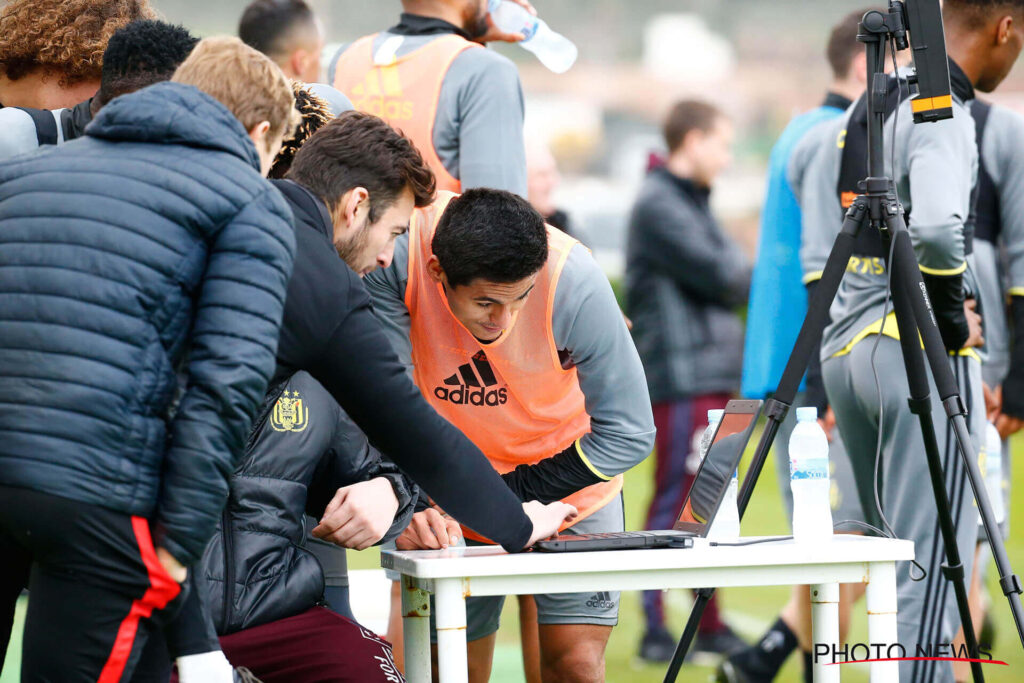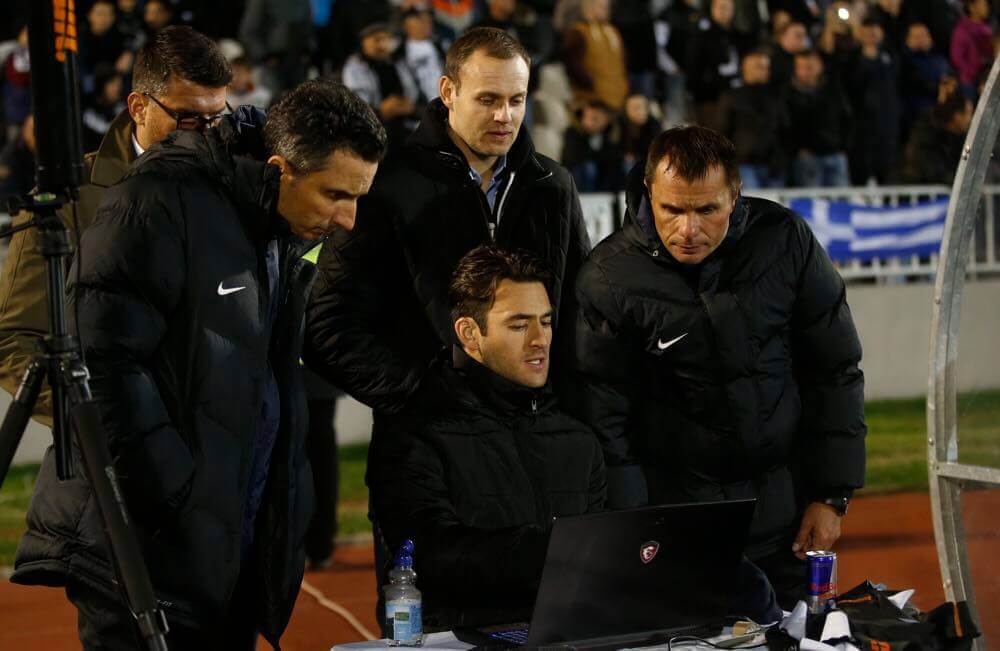A day in the life of a Catapult sports scientist
What is a sports scientist?
A sports scientist is someone who applies scientific principles and theory to athletic activities. Sports scientists normally specialise in one or more of the following sub-disciplines: physiology, motor control, biomechanics, strength and conditioning, performance analysis and psychology, via which they contribute to the development and quantification of athlete performance.
General tasks for sports scientists include design and delivery of conditioning programmes, mapping and monitoring of performance and recovery, delivery of end stage rehabilitation of injured athletes and the design of nutritional strategies which are appropriate to the age of the athlete and the sport participated in. The sports scientist is often a key point of communication between athletes, coaches and other performance staff (physiotherapists, athletic trainers analysts etc.).
Sports scientists generally fall into one of two categories. ‘Pure’ (or theoretical) scientists generally work in a research (university) setting, conducting experiments which expand our knowledge of human performance. Applied scientists, on the other hand, work in a sporting environment directly supporting athletes in their quest to optimise physical performance.
Applied sports scientists usually have the following general tasks:
- Helping coaches to plan training sessions to elicit optimal physical response Utilising different tools and methods for measuring the performance of athletes
- Reporting the efficiency and output of athlete’s workload and intensity to coaching staff
- Use objective information to bridge the gap between a team’s performance and medical departments
The field of sports science has over the past 20 years been embraced in the UK and Australia, and has made significant contributions to the success experienced by both nations at in Olympic and International sports arenas.

What does a sports scientist at Catapult do?
Catapult is a scientifically-validated tool that helps sports scientists quantify what an athlete has done during competition. By processing thousands of data points every second using wearable technology, Catapult uses intelligent algorithms to objectify what is happening during athletic activities so performance (biomechanics, physiology, energy systems, asymmetry) can be analysed devoid of opinion.
Catapult sports scientists work closely with applied practitioners in the field to help them better understand the data they generate, and to make appropriately informed decisions regarding athlete activity and recovery strategies. Increasingly, Catapult sports scientists are also supporting technical coaches and rehabilitation staff to help them satisfy their own thirst for understanding of how the technology can be used to support their own work.
The sports science department at Catapult is the lifeblood of the company, and the voice and face of the technology to over 1000 teams around the world. The scientists act as a conduit between the people working in sport and the product developers within Catapult, and spend significant amounts of time trying to find solutions to the performance questions which arise on a daily basis.

On any given day, a sports scientist at Catapult spends their time:
- Providing intimate client support, including technical assistance, helping them to interrogate data to answer performance questions, and to produce informative and educational reports for athletes and coaches
- Field testing any new products, algorithms and metrics which have been developed by the Catapult research and development team to address performance questions emerging from the sports we service
- Providing demonstrations of the technology to prospective new users, drawing on their own extensive experience of both the technology, and how it can best be applied to support sport
- Be the voice of the performance industry in the continual development of Catapult’s analytics, ensuring the demands of the best teams in the world are all taken into account when evolving sport-specific metrics and integrations with other technologies.